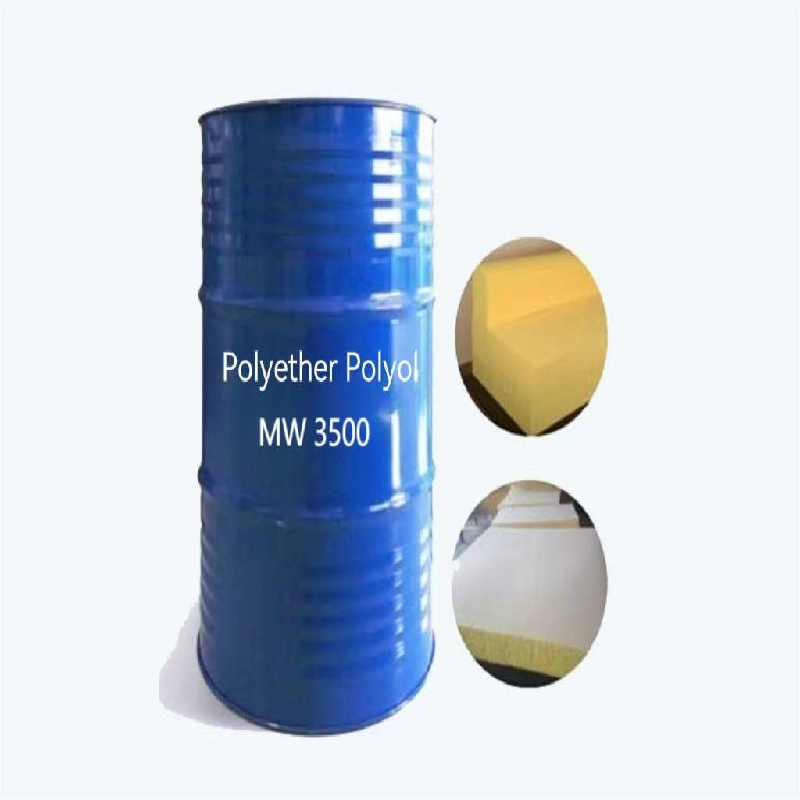-
Categories
-
Pharmaceutical Intermediates
-
Active Pharmaceutical Ingredients
-
Food Additives
- Industrial Coatings
- Agrochemicals
- Dyes and Pigments
- Surfactant
- Flavors and Fragrances
- Chemical Reagents
- Catalyst and Auxiliary
- Natural Products
- Inorganic Chemistry
-
Organic Chemistry
-
Biochemical Engineering
- Analytical Chemistry
- Cosmetic Ingredient
-
Pharmaceutical Intermediates
Promotion
ECHEMI Mall
Wholesale
Weekly Price
Exhibition
News
-
Trade Service
A few days ago, according to the "2015 Key Work for Joint Prevention and Control of Air Pollution in Beijing-Tianjin-Hebei and Surrounding Areas" (hereinafter referred to as the "Key Work") formulated by the six provinces, autonomous regions and municipalities of Beijing, Tianjin, Hebei, Jin, Lu and Mongolia, Beijing, Tianjin, Hebei and Lu will uniformly supply automotive gasoline and diesel
that meet the National V standards within this year.
Motor vehicle pollution emissions are one of the main sources of PM2.
5, and the "Key Work" pointed out that provinces, autonomous regions and municipalities should strengthen the comprehensive prevention and control of regional motor vehicle pollution, and one of the important tasks is to accelerate the upgrading
of oil quality and new vehicle standards.
By the end of this year, Beijing, Tianjin, Hebei and Shandong provinces and cities will uniformly supply automotive gasoline and diesel
that meet the National V standard.
Tianjin will implement the China V standard for new cars within the year, and Hebei and Shandong will implement the China V standards
for new cars as soon as possible.
At the same time, we should vigorously promote new energy vehicles, and strive to promote 20,000 new energy vehicles in the public service field in the Beijing-Tianjin-Hebei region by the end of 2015; The construction of supporting facilities has been promoted, and the total number of charging and replacing power stations has reached 112, and the total number of
charging piles has reached 19,600.
The "Key Work" proposed that the Ministry of Environmental Protection issued emission standards for volatile organic compound pollution in relevant industries, and all provinces, autonomous regions and municipalities carried out volatile organic compound pollution investigations, established volatile organic compound pollution emission inventories, and launched the implementation of a number of volatile organic compound treatment projects
.
Among them, Beijing has carried out pollution control in petrochemical, automobile manufacturing and other fields, reducing volatile organic compounds by 13,500 tons
.
In addition, the collaborative treatment plan mentions the problem of port and ship pollution control for the first time, and explores and studies the treatment measures in the
Bohai Rim region.
Tianjin will take the lead in jointly carrying out research on the pollution discharge status of ports and ships in the Bohai Rim region, establish a list of pollution sources in ports and ships, and carry out pilot demonstrations of clean energy application in ports such as port vessels, mobile machinery and equipment, engineering ships, and dock bunkering facilities, so as to reduce air pollution
caused by ships burning gasoline and diesel.
A few days ago, according to the "2015 Key Work for Joint Prevention and Control of Air Pollution in Beijing-Tianjin-Hebei and Surrounding Areas" (hereinafter referred to as the "Key Work") formulated by the six provinces, autonomous regions and municipalities of Beijing, Tianjin, Hebei, Jin, Lu and Mongolia, Beijing, Tianjin, Hebei and Lu will uniformly supply automotive gasoline and diesel
that meet the National V standards within this year.
Motor vehicle pollution emissions are one of the main sources of PM2.
5, and the "Key Work" pointed out that provinces, autonomous regions and municipalities should strengthen the comprehensive prevention and control of regional motor vehicle pollution, and one of the important tasks is to accelerate the upgrading
of oil quality and new vehicle standards.
By the end of this year, Beijing, Tianjin, Hebei and Shandong provinces and cities will uniformly supply automotive gasoline and diesel
that meet the National V standard.
Tianjin will implement the China V standard for new cars within the year, and Hebei and Shandong will implement the China V standards
for new cars as soon as possible.
At the same time, we should vigorously promote new energy vehicles, and strive to promote 20,000 new energy vehicles in the public service field in the Beijing-Tianjin-Hebei region by the end of 2015; The construction of supporting facilities has been promoted, and the total number of charging and replacing power stations has reached 112, and the total number of
charging piles has reached 19,600.
The "Key Work" proposed that the Ministry of Environmental Protection issued emission standards for volatile organic compound pollution in relevant industries, and all provinces, autonomous regions and municipalities carried out volatile organic compound pollution investigations, established volatile organic compound pollution emission inventories, and launched the implementation of a number of volatile organic compound treatment projects
.
Among them, Beijing has carried out pollution control in petrochemical, automobile manufacturing and other fields, reducing volatile organic compounds by 13,500 tons
.
In addition, the collaborative treatment plan mentions the problem of port and ship pollution control for the first time, and explores and studies the treatment measures in the
Bohai Rim region.
Tianjin will take the lead in jointly carrying out research on the pollution discharge status of ports and ships in the Bohai Rim region, establish a list of pollution sources in ports and ships, and carry out pilot demonstrations of clean energy application in ports such as port vessels, mobile machinery and equipment, engineering ships, and dock bunkering facilities, so as to reduce air pollution
caused by ships burning gasoline and diesel.






